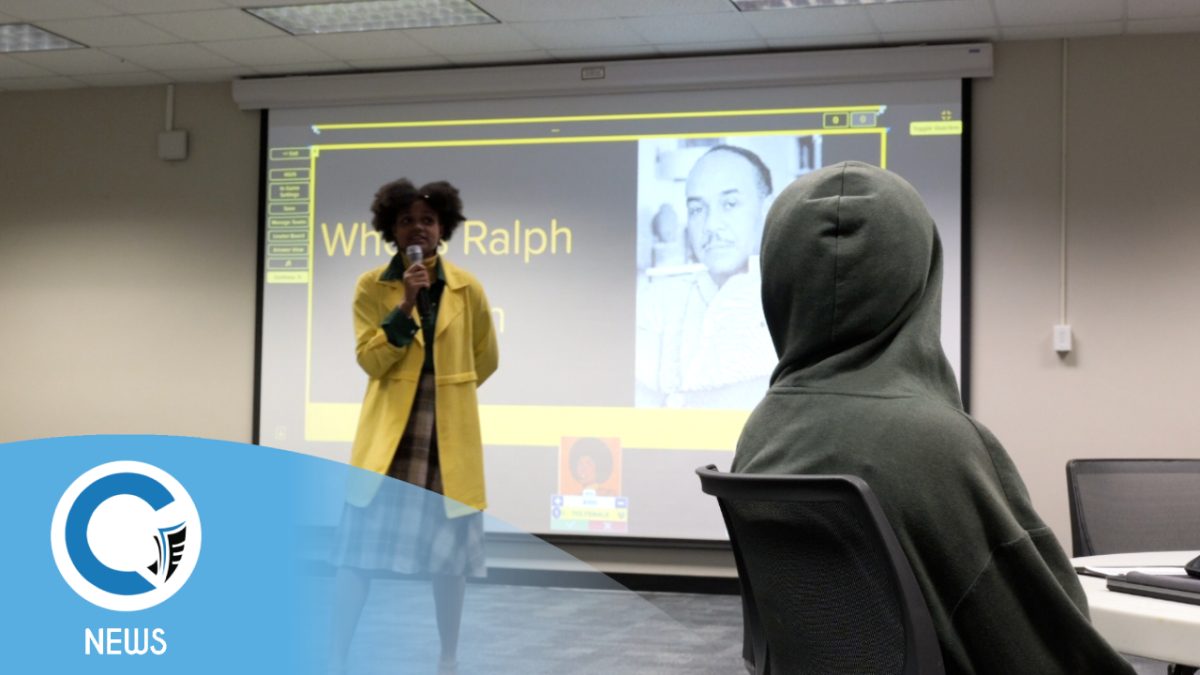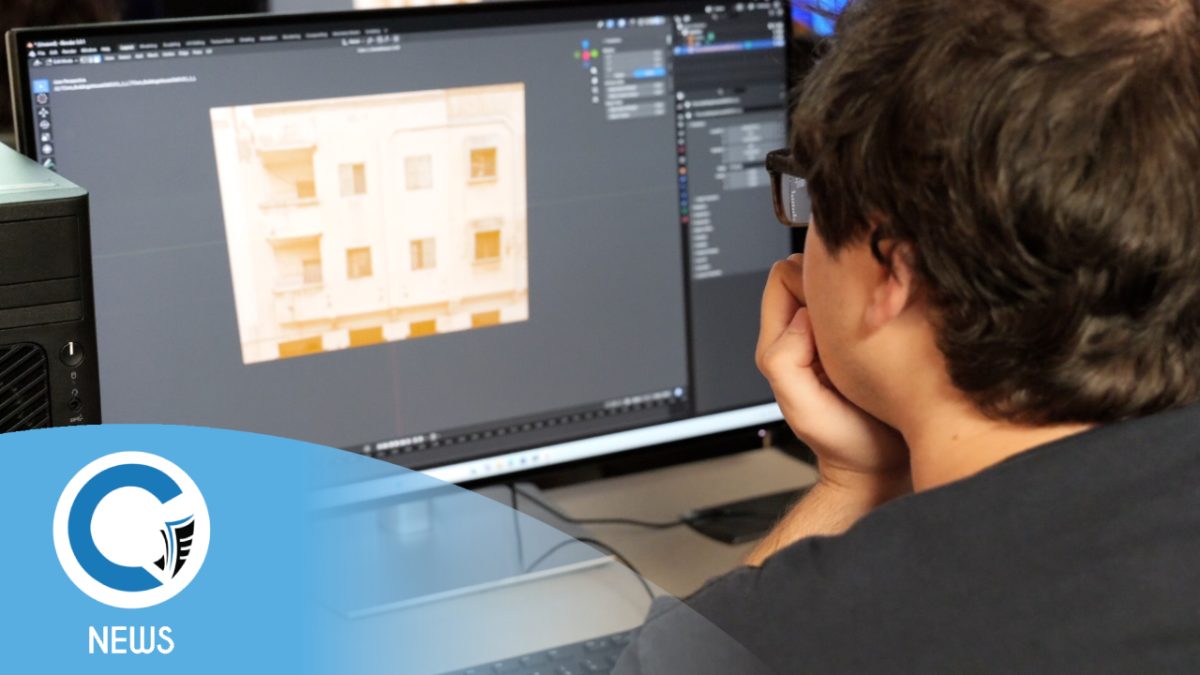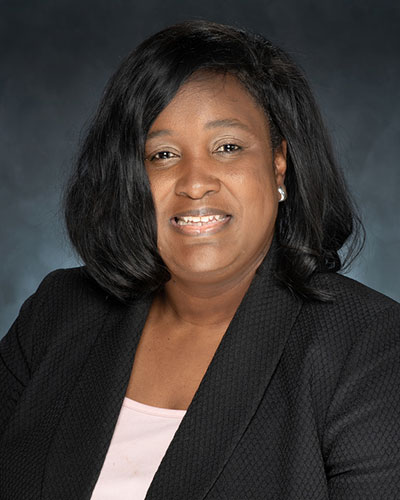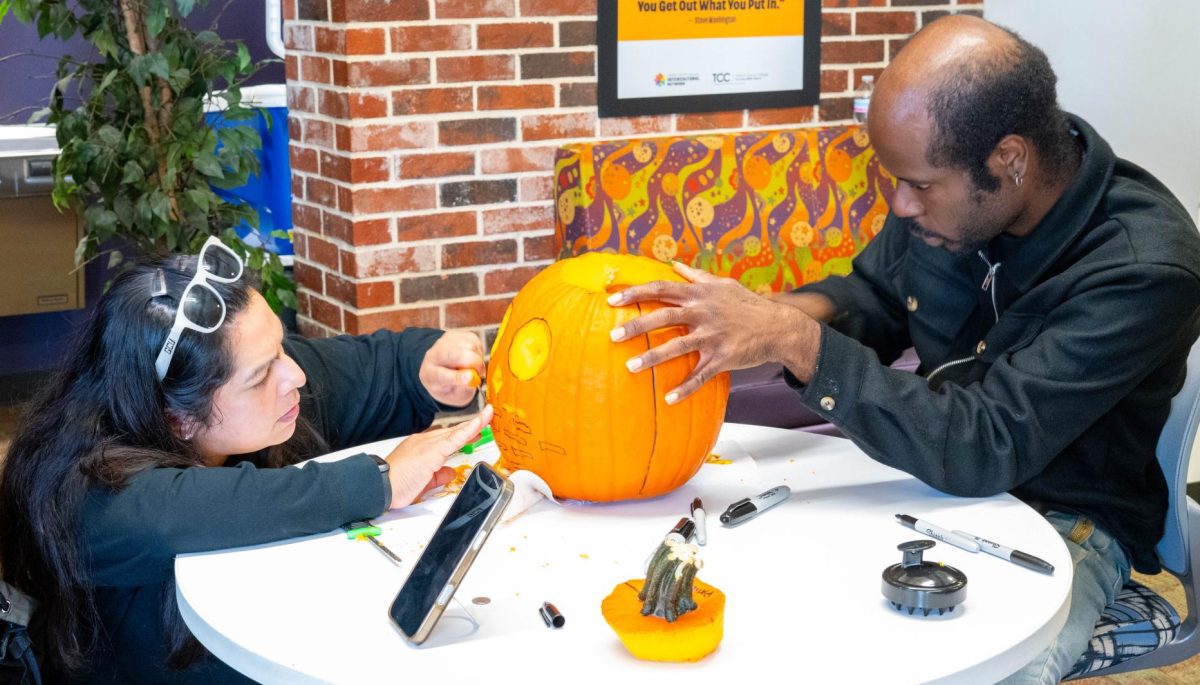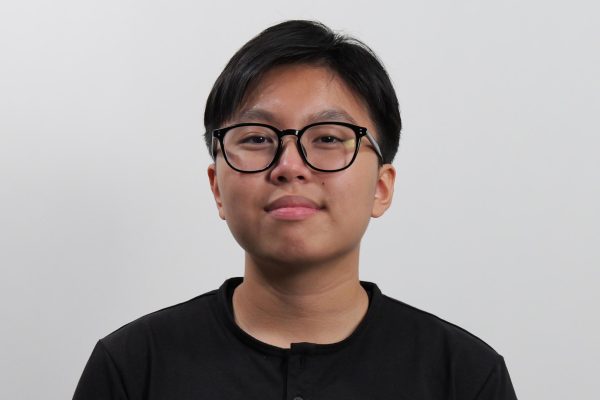After starting with just four members in 2021, the Korean Culture Club is now one of the biggest clubs on South Campus with around 30 members.
The club offers a space of cultural exchange and appreciation of Korea and is open to all students.
Subeen Kwon, who succeeded her older sister as KCC president, runs the club and helps teach members Korean words, etiquette and norms.
She said she wanted to share with students a different culture from outside of America and break stereotypes through social interaction and fun activities.
“This kind of thing makes students broaden their perspective and then relate more with the people that are different from them,” Kwon said. “It can be very beneficial in their lives. Even though they have limitations going abroad, you can still experience other cultures in here with the native people.”
The club meets every Wednesday from 1-2 p.m. in the SSTU Forum Room.

They frequently put on events like a Korean Independence Day fundraiser on March 5 and a “Squid Game” event on April 9, where students played traditional Korean games as depicted in the Netflix show.
South student Monae Terrell has been a member of KCC since the fall and is currently the senate representative for the club. She has been learning Korean by herself for eight years after reading a Korean webtoon called “Cheese in the Trap.”
“I was having a really hard time finding out what language that was, because back then, I didn’t have a real phone to look it up,” Terrell said. “But once I found it, it was just rabbit hole for me.”
Terrell is also involved is several other clubs like the Black Student Union and Phi Theta Kappa.
“I kind of don’t want to say I make [KCC] my main priority, but this is my main club,” Terrell said. “That’s what I like to say, because I’m so involved and invested in this club. I’m trying to make it flourish.”

South student Rave Munsayac has been a member of the club for several semesters and held a leadership position before stepping down this semester due to schedule conflicts.
She said KCC and other cultural clubs are important to college campuses because they promote inclusivity and diversity.
“If you feel included, then you’ll be more active. You’ll be more engaged,” Munsayac said. “If you don’t feel included, that kind of takes [away] your motivation to continue, because you feel alone. You feel like no one’s there to help you.”
Associate professor of music Cholho Kim has taught at South Campus since 2007, and he believes he is the only full-time Korean professor.
He said he has rarely seen Korean students on campus and didn’t know KCC existed until two years ago. Kim participated in some events and eventually became the adviser. He said it was good to see this club on campus.
“It’s not only for Korean students, but as you can see, a lot of non-Korean students are involved here to learn Korean culture, Korean language and K-pop or K-drama,” Kim said.
KCC social media manager Stephanie Sotelo initially became interested in Korean culture after her cousin introduced her to K-pop and K-drama. She said KCC gave her a sense of community.

“I’ve met a lot of great people here,” Sotelo said. “Doesn’t matter your background. You can feel very accepted.”
Terrell said she has gained a lot of friends at KCC, and her grasp on the Korean language has also improved thanks to the vocabulary lessons given by Kwon. She said cultural clubs like KCC help people break out from their everyday lives.
“It helps express that little part of you that you probably pushed off to the side and bring that forward so that you can be your own little expressive, original self,” Terrell said.

